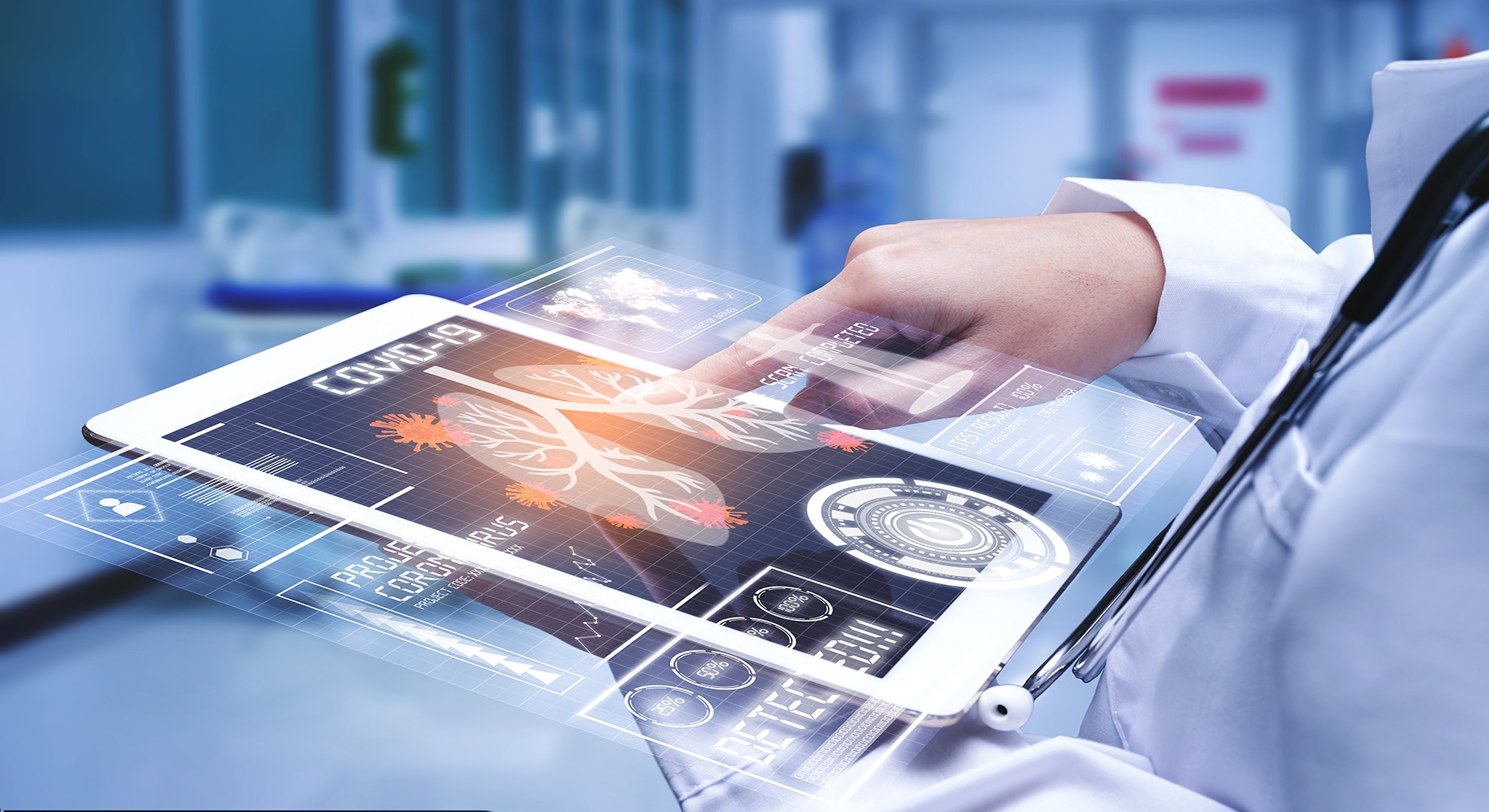
23 Oct 5G and its impact on the health sector
Technological development is the practical manifestation of how societies evolve towards the future. Of course, technology and its various applications contribute to a more comfortable life and greater and better business productivity for us all. But it can also have a truly transformative impact in fields as vital as healthcare.
In the world of health and medicine, immediacy and the instantaneous and reliable transmission of data can literally be the difference between life and death. Given the recent conjunction of medical technology and 5G networks, we may soon be seeing a majorly significant and qualitative leap in the healthcare sector over the coming years.
5G networks and big health data
In recent years, patient medical records have increased the volume of information circulating in healthcare settings significantly. Not because people are getting sicker, or more often. On the contrary – we’re now healthier than ever, and our life expectancies are much longer. So why then? Precisely because records have exponentially improved our ability to diagnose illnesses.
This means everyone has a huge amount of data recorded on their health, as well as previous treatments, intolerances and diseases linked to their medical histories. Even their family history and inter-disciplinary medical records are recorded nowadays. The virtually instantaneous transmission of such enormous amounts of information, thanks to adequate bandwidth and a robust 5G fabric, will only make it easier for medical professionals to focus directly on their patients’ problems, drastically reducing the time they spend diagnosing and reviewing medical histories.
How 5G can transform surgery too
Another truly radical change that medical science will experience over the coming years thanks to 5G can be seen inside operating rooms. With 5G networks, remotely assisted medicine – which is already present during diagnoses and primary care consultations via video conferencing – can be a reality, even in areas as sensitive as surgery. Operations can now take place solely through the use of a robotic arm, often with the surgeon many miles away.
This was first achieved in early 2019 as part of a collaboration between the Southeast China Unicom Research Institute and the Mengchao Hepatobiliary Hospital of the Fujian Medical University, together with Huawei China and the Suzhou Kangduo Robot Co. Dr Liu Rong, who was in fact 50 kilometres away from the physical operation, was able to successfully remove the liver from an animal test subject. The very low latency provided by 5G networks – less than 0.1 seconds – is essential in these situations to make remotely assisted surgery a reality, with all the necessary guarantees for patients. And it’s a reality that’s only getting closer and closer.
Dark fibre operators as allies of the health sector
Although neutral operators like lyntia tend to establish alliances and partnerships with stakeholders in the business and telecommunications industries, it’s crucial to keep an open mind and reach out to technological developments in other fields. Maximum use of dark fibre, alongside the effective and real implementation of 5G within the working dynamics of hospitals and medical centres could transform medical practice forever. And, with it, significantly improve our health and quality of life.

